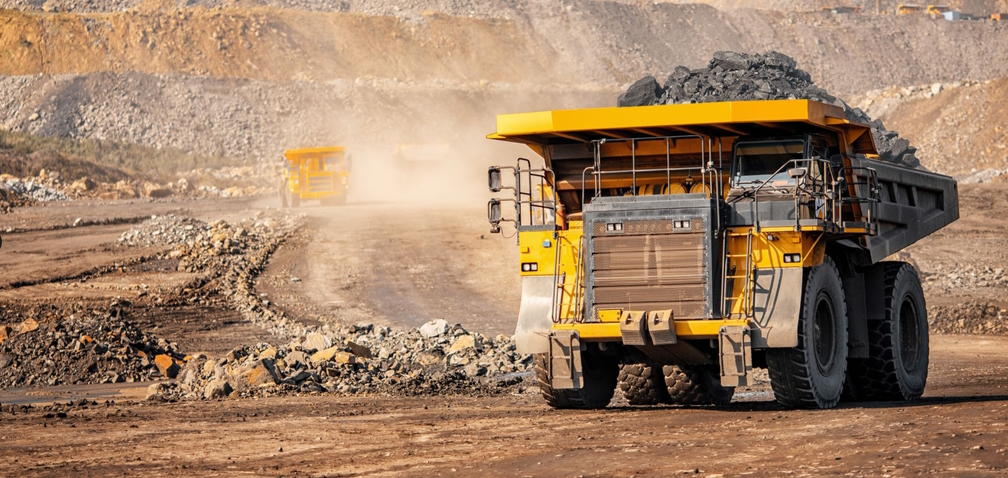Why The Filter Press Is So Important To The Tailing Sector

Mining is still an essential part of daily life. Despite efforts to move away from fossil fuels, Australia still has a large collection of coal mines. In fact, four Australian coal mines are included in the ten largest coal mines on the planet!
The short version is Australia is heavily reliant on coal. Of course, that’s not the only type of mining. Another very popular type in Australia is quarries, that is excavating stone from the earth.
In all these types of industries, waste is produced. The waste is normally referred to as sludge, a mixture of water from the earth and from the mining process, and hard particles dislodged during the operation.
Historically, this sludge has been removed from the site as waste. It’s generally referred to as tailings: these are disposed of in ponds or even dropped into oceans and rivers.
However, the tailing sector is being overhauled: it’s becoming increasingly important to extract as much of the water as possible from the sludge before it’s disposed of.
Extracting The Water
Sludge or slurry is a heavy mixture. The simplest way to separate the two components is to use hydraulic force. This can use plates to create chambers which trap the sludge. The force is adjustable, allowing it to work in conjunction with a pump pushing the sludge into the chamber. With careful calibration water is allowed out of the chamber, leaving behind dry lumps of clay which can simply fall out of the machine.
That machine is a filter press and they come in a wide array of sizes, ensuring they can handle any type of job.
The Importance Of A Filter Press To The Tailing Sector
The filter press has become a common sight in mining and similar operations. There are several reasons why it is so important.
Environmental Impact
Sludge and similar waste contain a high percentage of water. This water is trapped within the particles, depleting the amount of water available.
Although the planet is roughly 71% water, the majority of this is in the oceans. Less than one percent of the planet’s water is available for human consumption.
Between climate change and an increasing number of people on the planet, there is an increasing risk of water shortages, as illustrated by droughts in recent years.
A filter press in the tailing sector can extract all the water from the sludge and allow it to be used for human and plant needs.
In short, reclaiming water is good for the environment.
But that’s not the only reason why a filter press is important to the tailing industry. Sludge is heavy: extracting the water makes it significantly lighter which reduces the cost of transporting it and, therefore, lowers the use of fossil fuels involved in transportation.
Improved Efficiency
Extracting water from sludge using a filter press makes a mining operation more efficient. It can be done straight away, simplifying the process and reducing the amount of labor needed to complete the operation.
The machine can be incorporated into the daily processes, improving efficiency and reducing the financial impact on the business. As mentioned, there is a reduced cost to remove the tails because they are lighter and have less volume. It’s possible to half the amount of tails being removed.
Reduces The Need For Land
Dewatered tailings can be disposed of on a much smaller piece of land than the sludge. This reduces costs for the business and lowers the environmental harm done by relocating products. Alongside this, if the slurry isn’t dumped into the rivers there is less risk of build-up reducing natural water flow.
As build-up prevents the flow of water it increases the likelihood of localized flooding or even of dams bursting.
Some quarries are even, managing to store the dry material within the quarry, reducing transportation costs and effectively keeping the natural material where it came from. This is good for the natural balance in nature.
Summing Up
Removing the water with a filter press and reusing it, along with storing the dry compound in an appropriate place isn’t just good for business, it’s better for the environment.
Best of all, because this is all done via the use of a machine, it can be done anywhere. A machine can be easily moved on the back of a low-loader and taken where it’s needed to be, making it a cost-efficient option for many parts of the tailing sector.
All it needs is the initial investment.

















